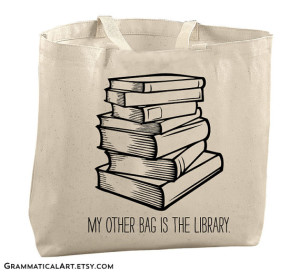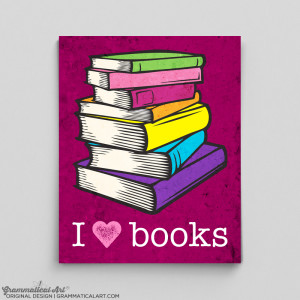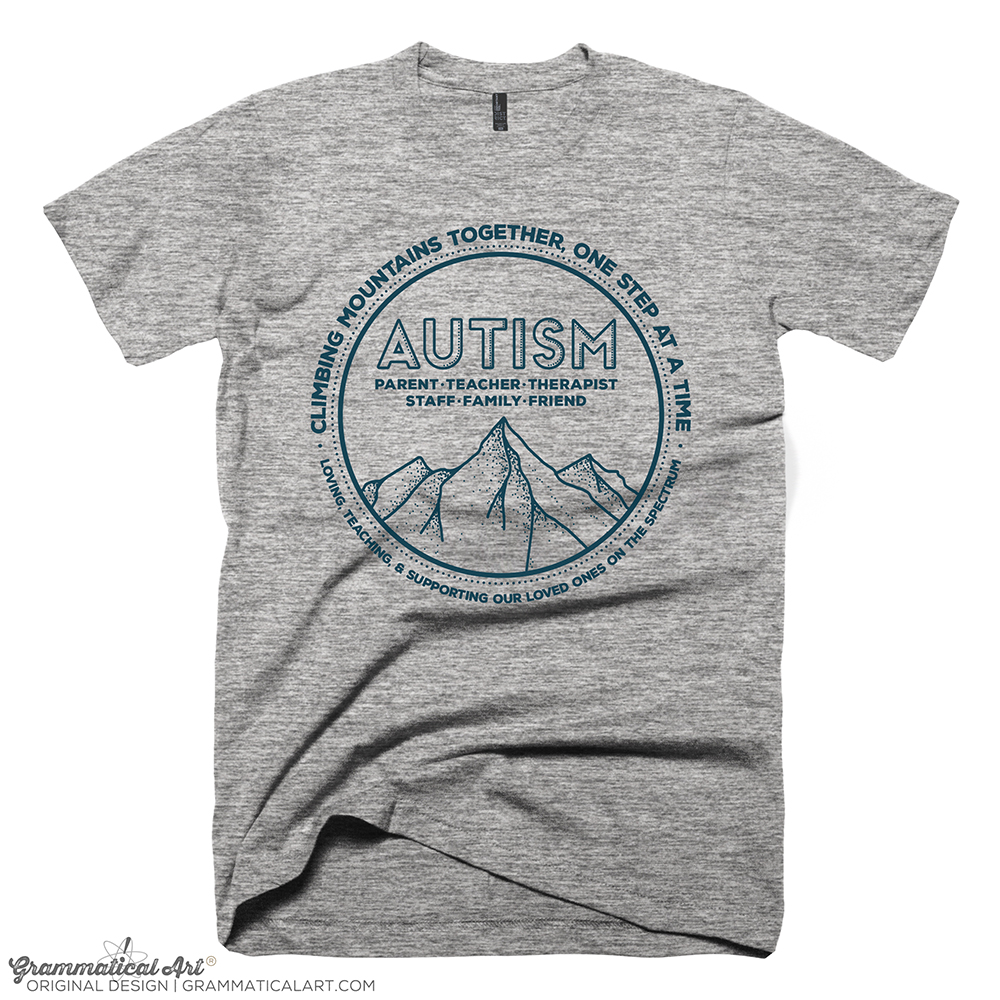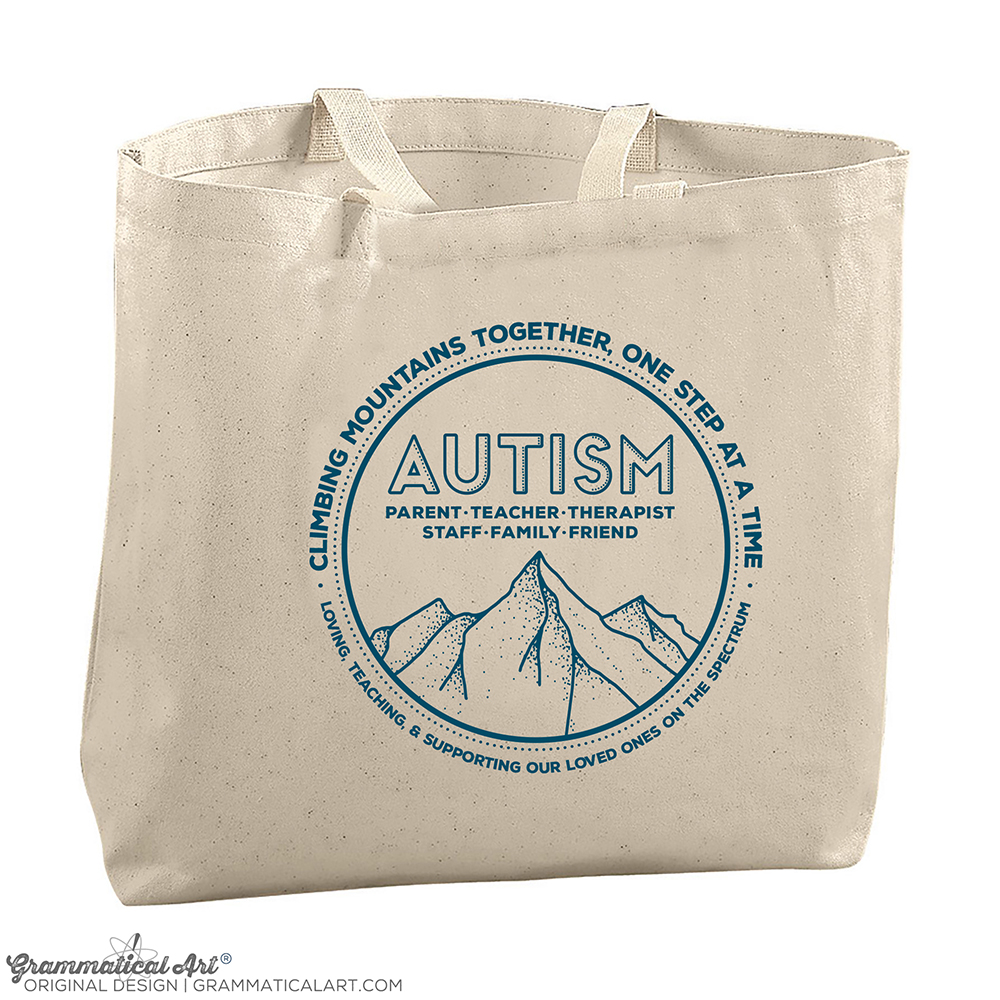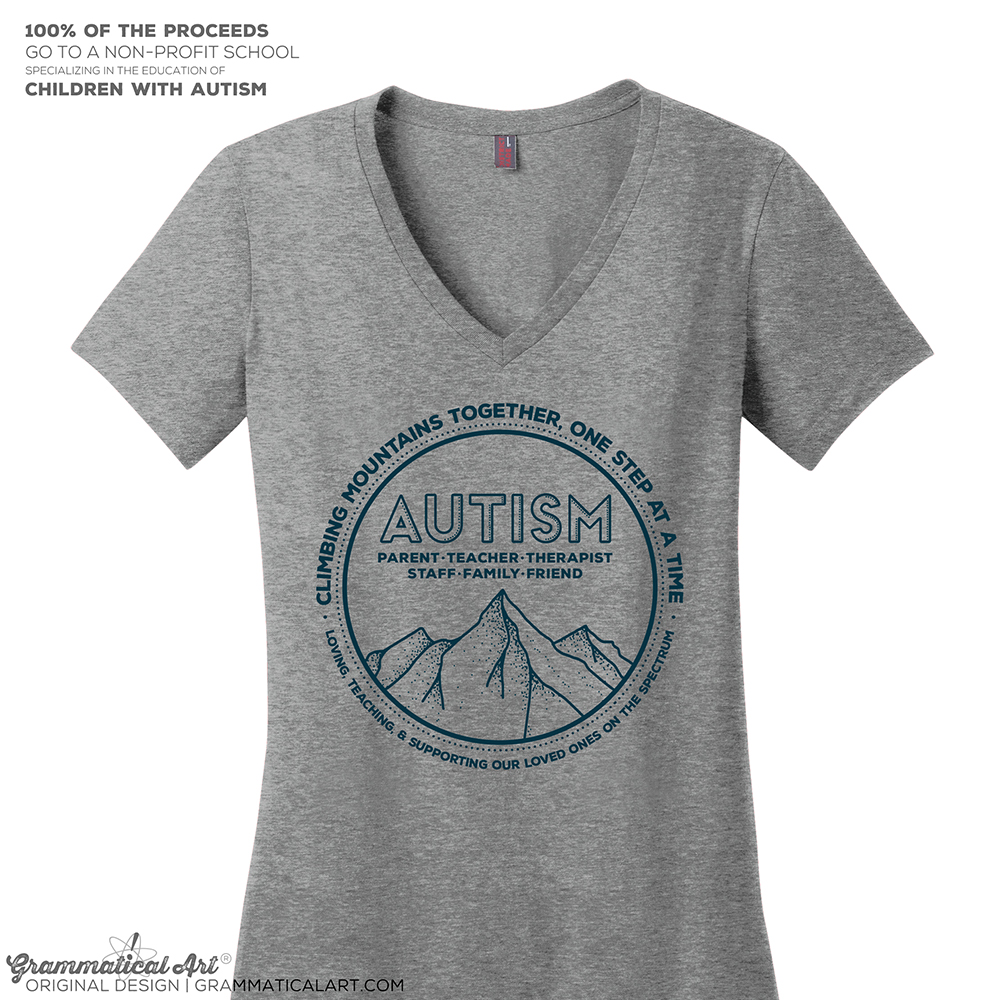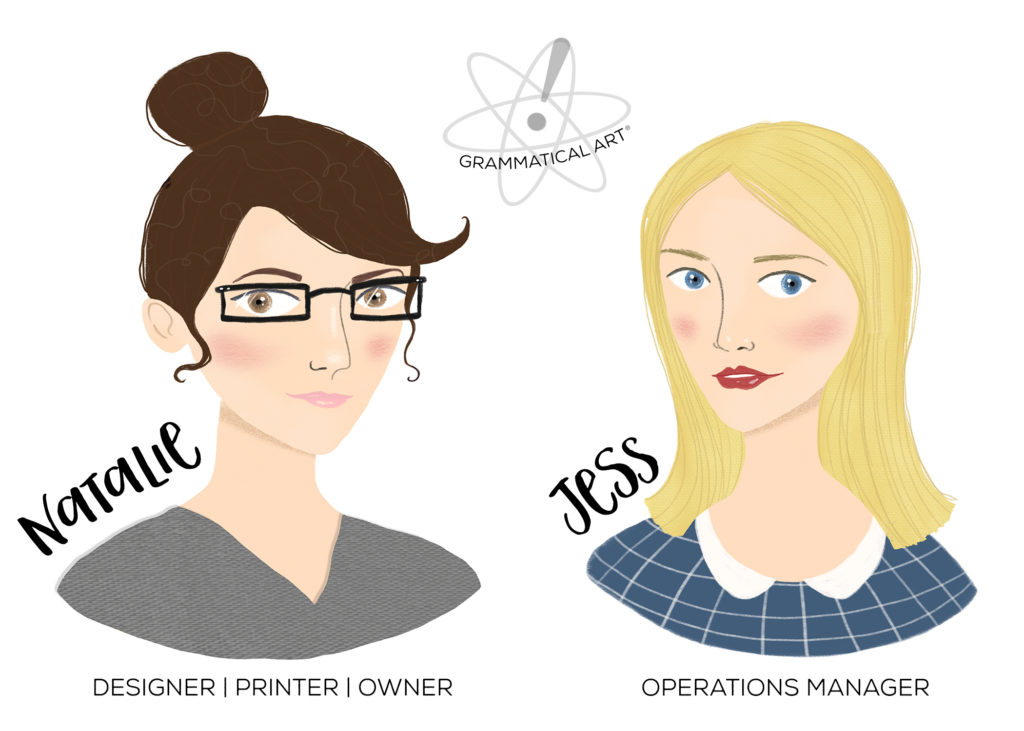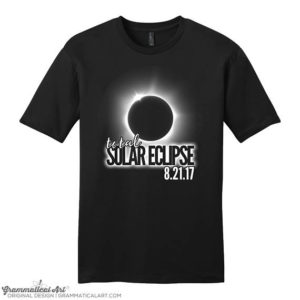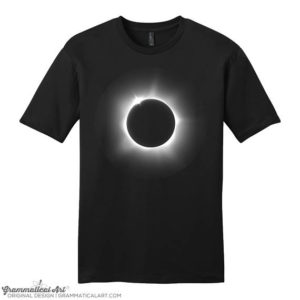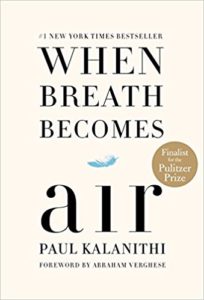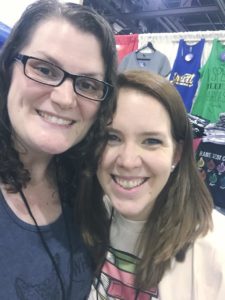I am a self-proclaimed Grammar Queen. I’ve been told by numerous people that I care too much about the Oxford comma. I’ve been known to end relationships before they’ve started because he texted “your welcome.” I rule my grammar queendom with an iron fist. However …
I STILL don’t know the difference between past and passed. There. I said it. Did I just walk past something? Or have I gone passed the point of no return? I couldn’t tell you. I know that the past already happened. But if you’ve passed something, it’s in the past. So did you go past it, or passed it? I get so caught up in this circle, talking myself into and back out of choosing one over the other that I end up rewriting the sentence so I don’t have to use either one. Sound familiar? I’m not proud of it, but I’m not ashamed to admit that my Grammar Queen crown perhaps has one or two scuff marks.
It turns out I’m not alone. The English language is huge and complicated and has taken on so many different parts of other languages over the years that it’s frankly amazing that anyone gets it right. (Speaking of which, check out this doozy of a mistake on bbc.com. It threw me off so badly I couldn’t finish the article. Now I’ll never know where that stupid gold wound up.) We all make mistakes, and while sometimes all it will cost you is a date with me (you should be so lucky), another time it could be a multi-million dollar settlement on the line (I wasn’t kidding about that Oxford comma, y’all) or cost you a promotion.
So, while some people may be able to look passed your grammar foibles, others will not be able to get passed it, and you may find your position as Grammar Queen a thing of the past. (Did I do it right?)
While you’re here, check out our merch! You might find just the thing you need to reclaim your Grammar Queen crown.


